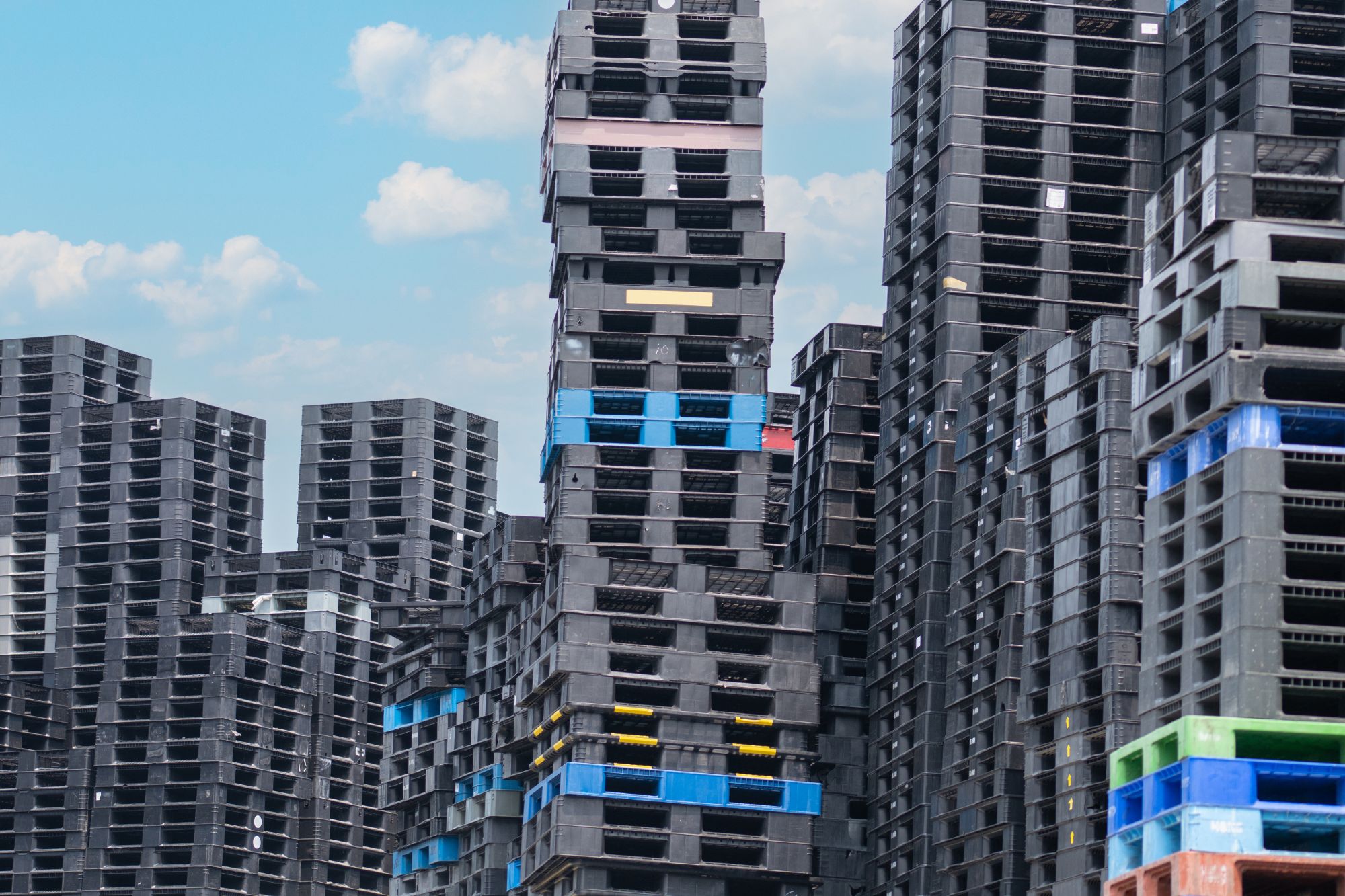The EU has agreed to ban the export of plastic waste to poorer countries. Materials Recycling World reports that the waste shipment regulations will be updated to prevent ships laden with plastic waste from the EU docking in ports of countries that are outside of the OECD group of richer countries.
The new law needs to be approved by the European Council and parliament, and will take effect from the middle of 2026. There will also be stricter laws around waste exports to richer countries, with certain environmental conditions needing to be met.
There will be a clause to allow countries to import EU plastic after five years if they can prove how it will be dealt with and demonstrate that it will meet specific conditions.
Pernille Weiss, a Danish member of the European parliament with the centre-right EPP group, who developed the new regulations, said:
“The EU will finally assume responsibility for its plastic waste by banning its export to non-OECD countries. Once again, we follow our vision that waste is a resource when it is properly managed, but should not in any case be causing harm to the environment or human health.”
Lauren Weir, a campaigner from the Environmental Investigation Agency, said: “Whilst this is an improvement to current obligations, the evidence of the harms and necessity for a full plastic waste ban are clear. This is a signal that the EU is finally beginning to take responsibility for its role in the global plastic pollution emergency.”
However, the new regulations do not include Turkey, which is of particular concern because it is the largest importer of plastic waste in the EU. There is evidence that much of this waste is not recycled, but openly dumped and left to cause pollution and become washed into waterways and the sea.
In other cases, the waste is burnt, releasing toxic chemicals into the atmosphere. Sedat Gündoğdu, a microplastics researcher at Çukurova University in Turkey, said: “The ban of plastic waste exports to non-OECD countries is a significant decision.”
“However, it is disappointing to not see a total export ban on shipments – and not even a ban on hazardous and mixed plastic waste – to Turkey, which is both the largest importer of plastic waste in the EU and an OECD member.”
He added: “We know from past practices that partial bans and ineffective content controls do not prevent the illegal circulation of plastic waste.”
The UK will not be imposing any similar restrictions on the export of plastic waste, despite calls by environmentalists and a pledge in the 2019 manifesto.
Greenpeace campaigners claim that despite a UK law that states plastic waste must only be sent to countries with adequate recycling facilities, in reality thousands of tonnes of unrecyclable mixed plastic waste from the UK is being sent abroad each year and illegally dumped or burnt.
If you are looking for conveyor belt skirting, please get in touch today.





